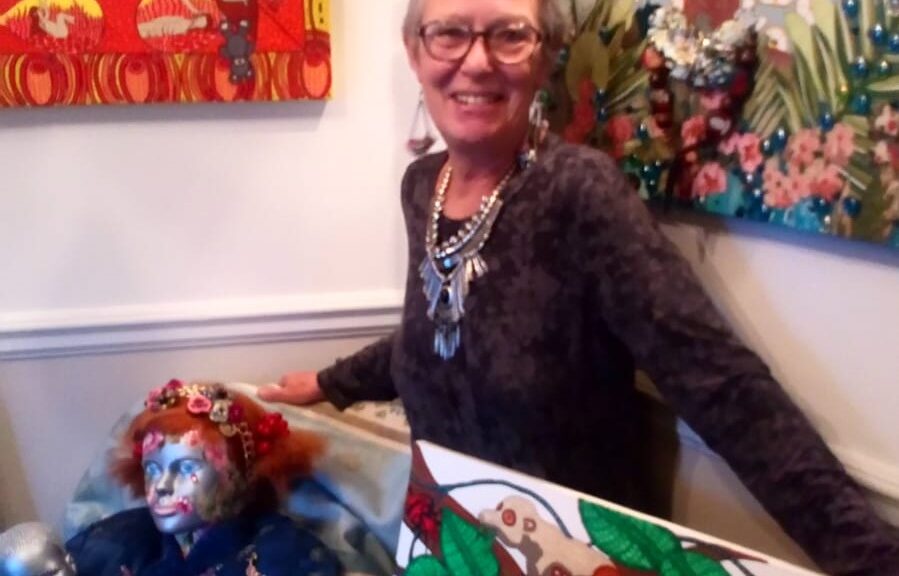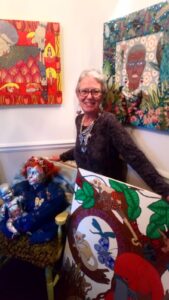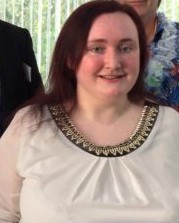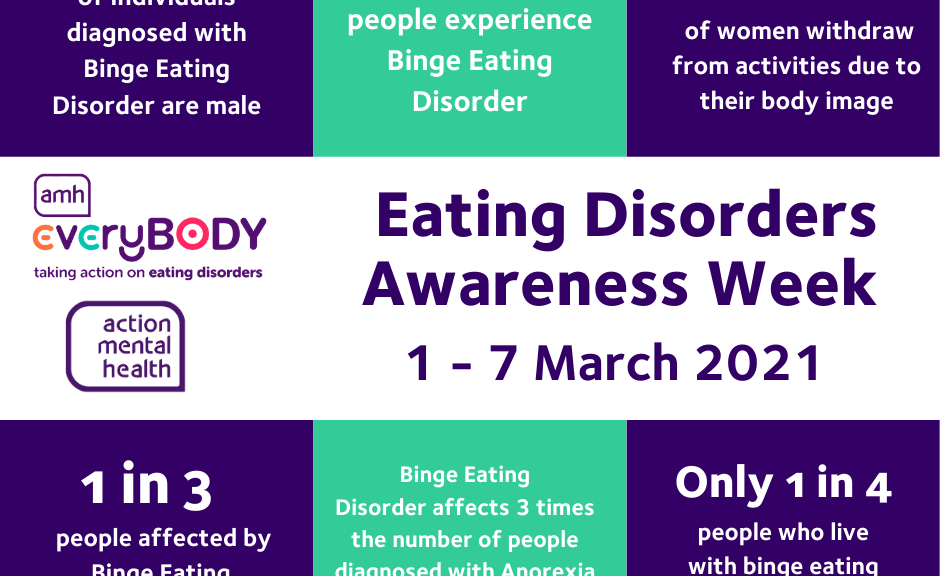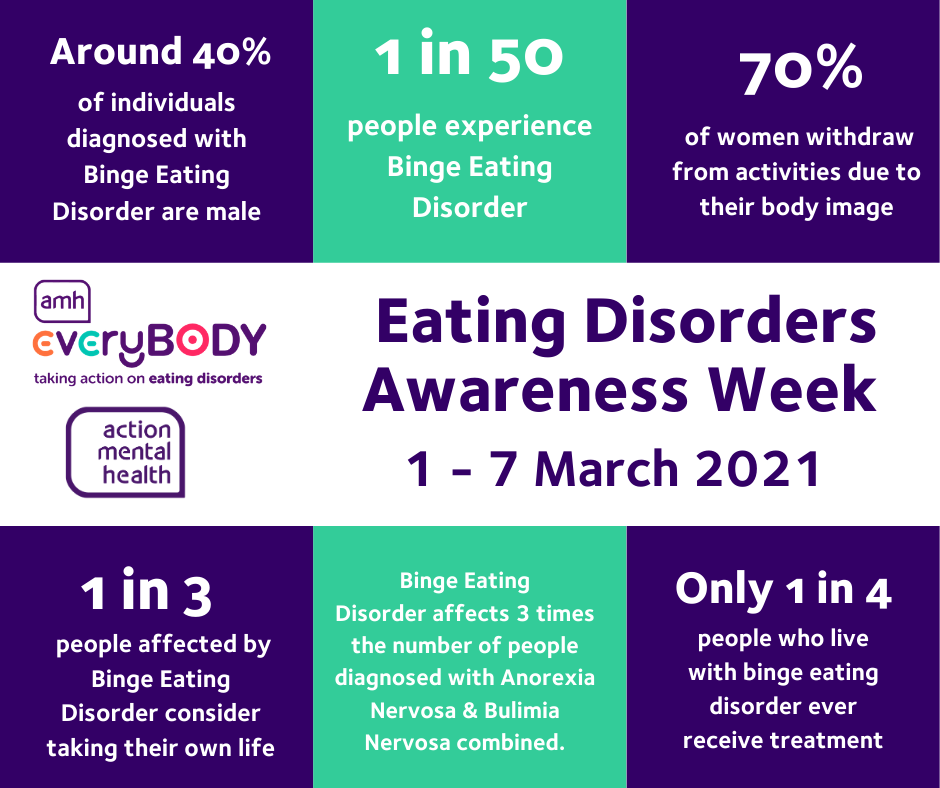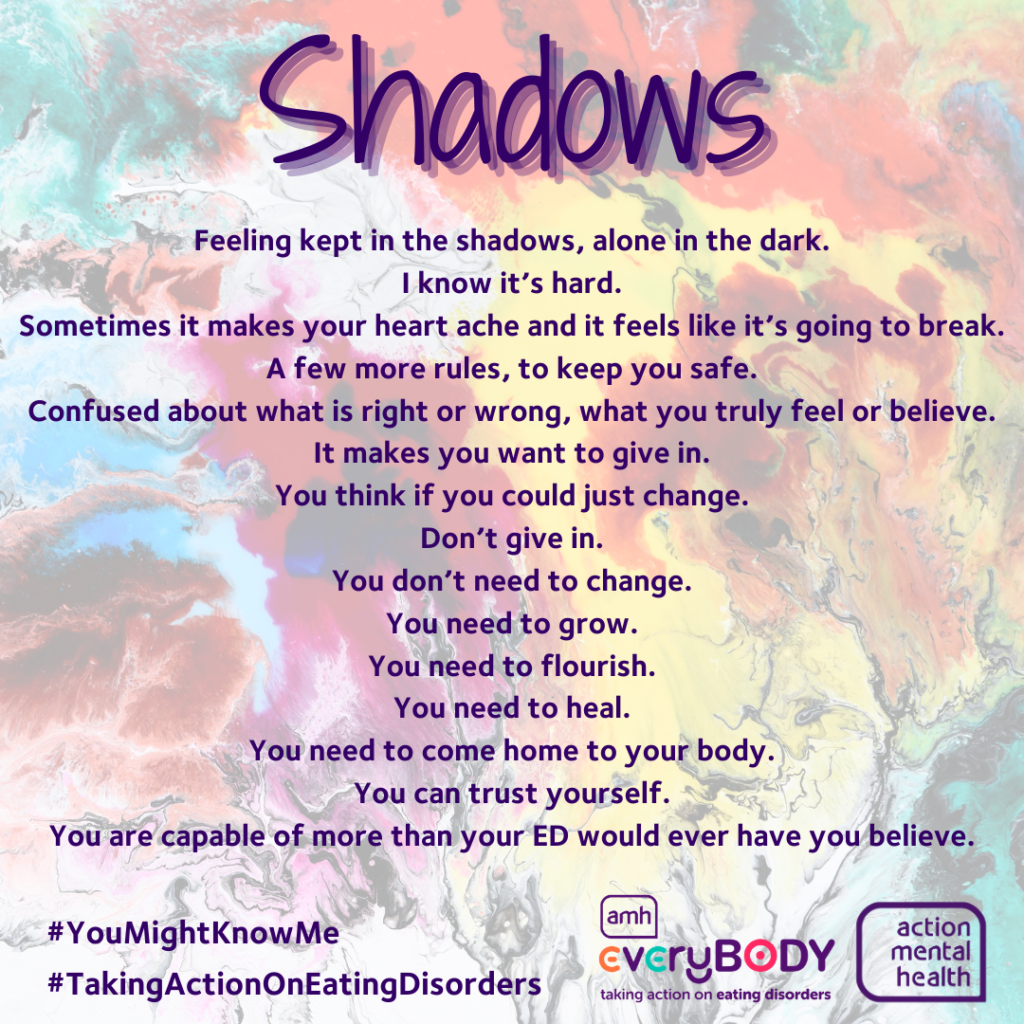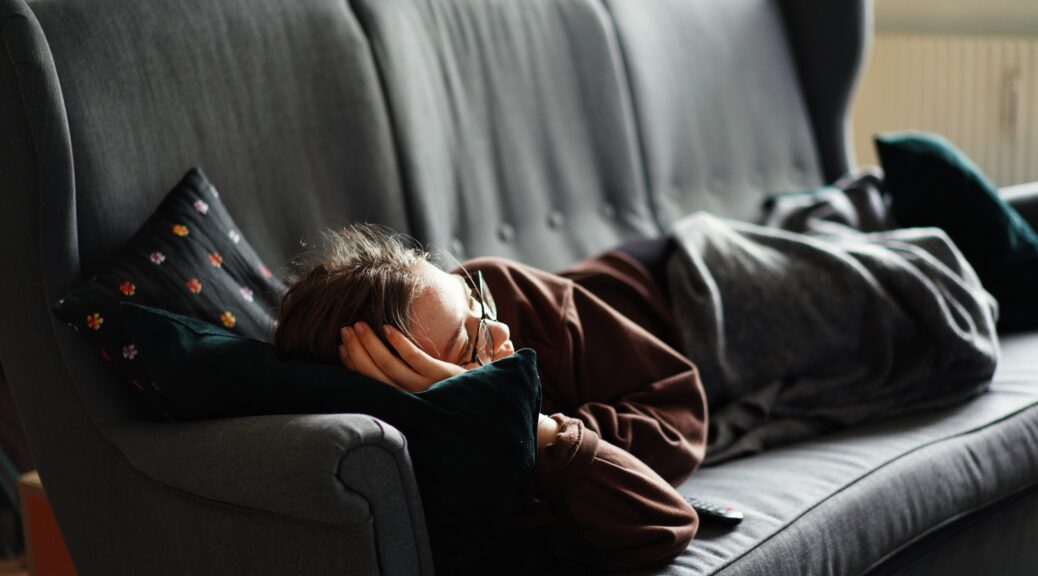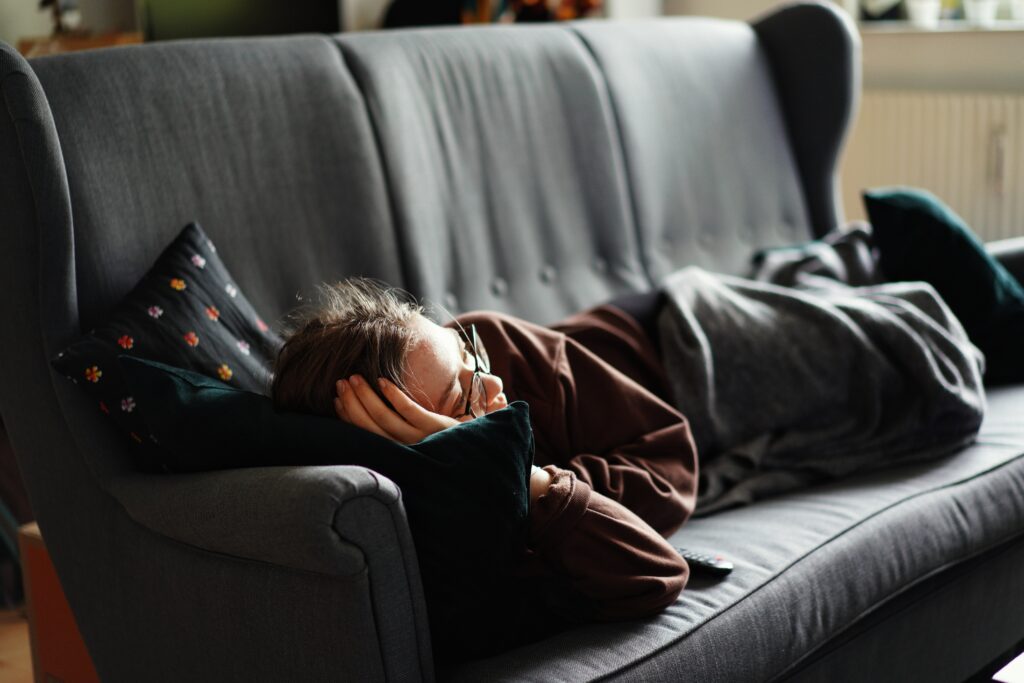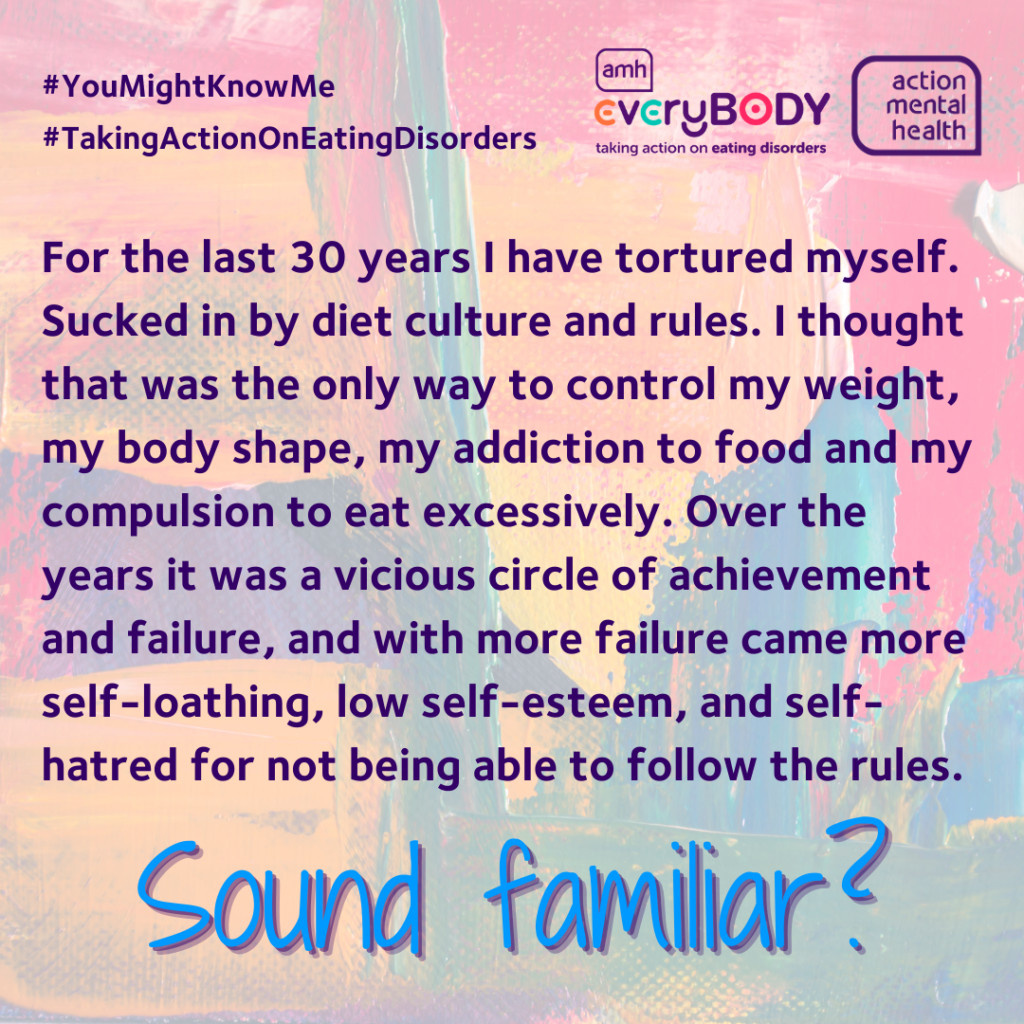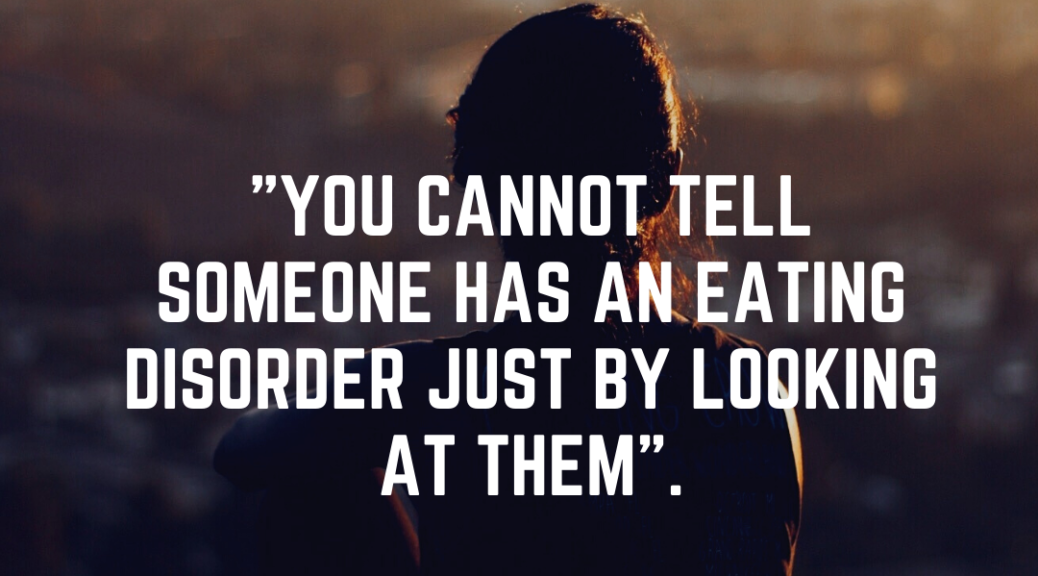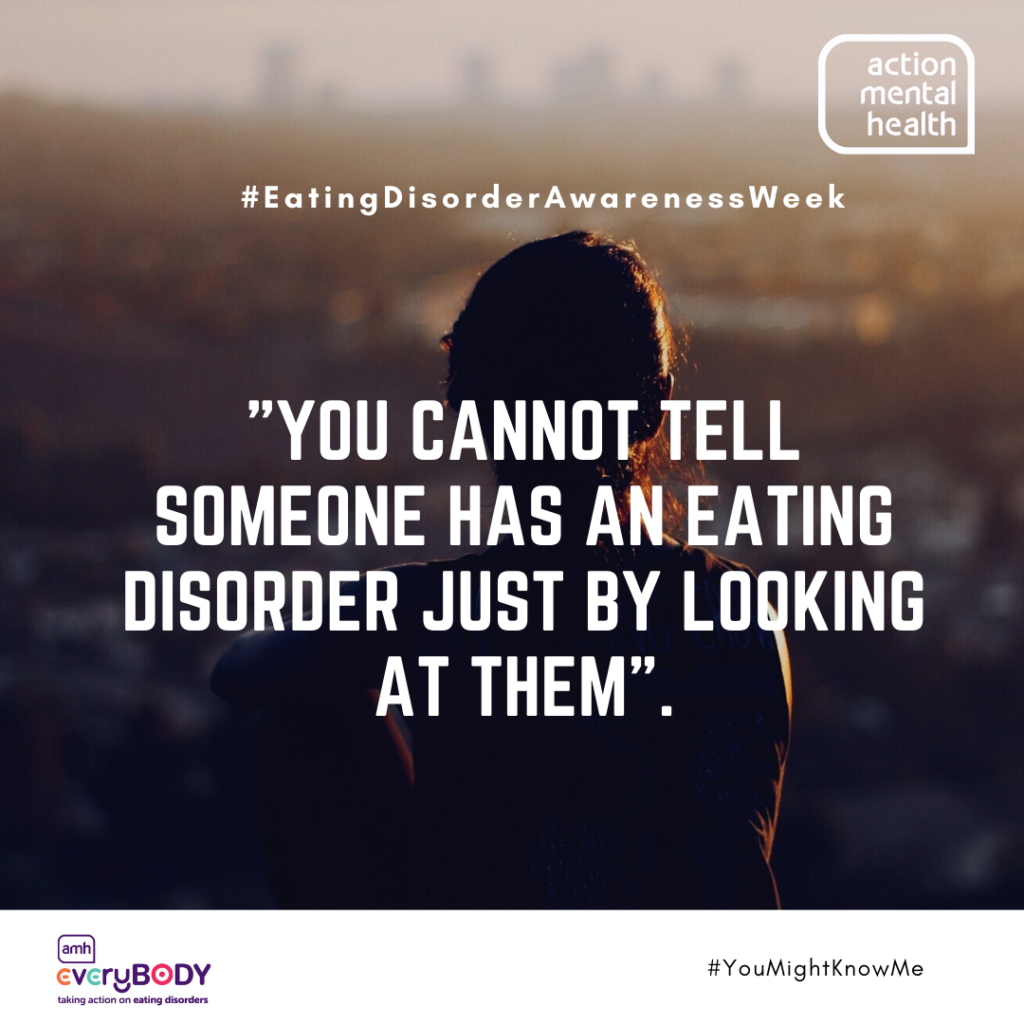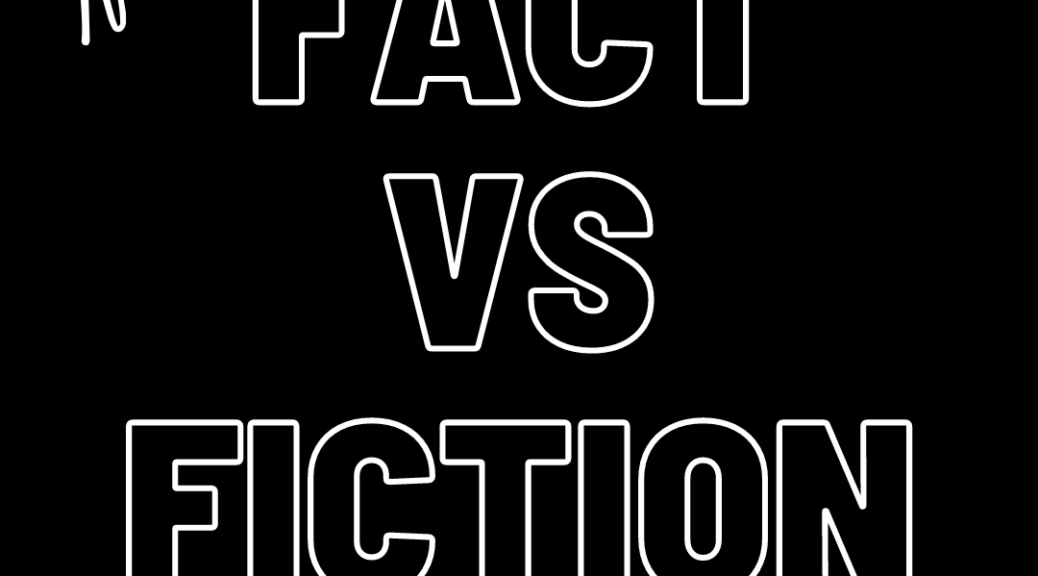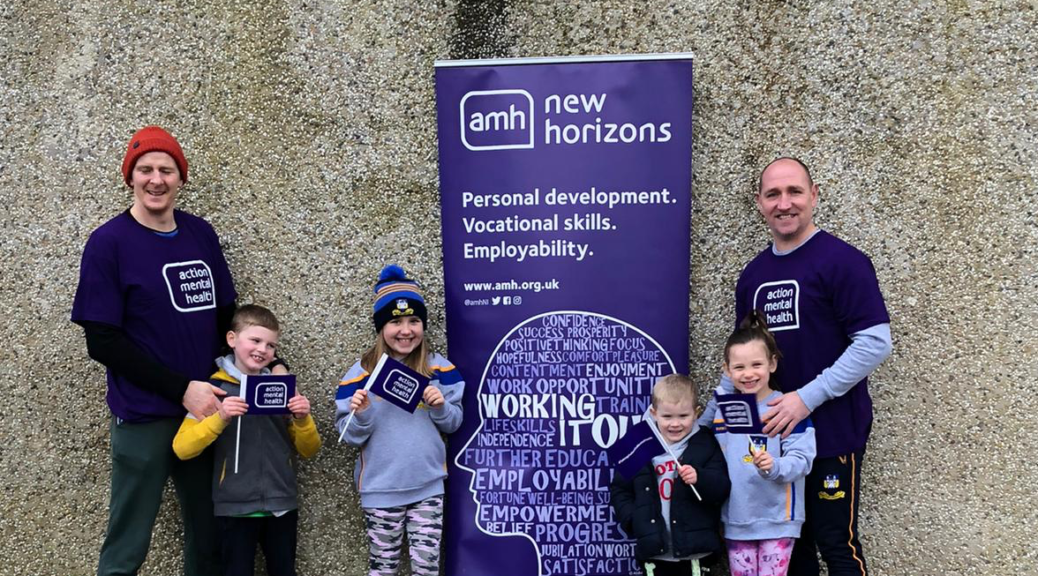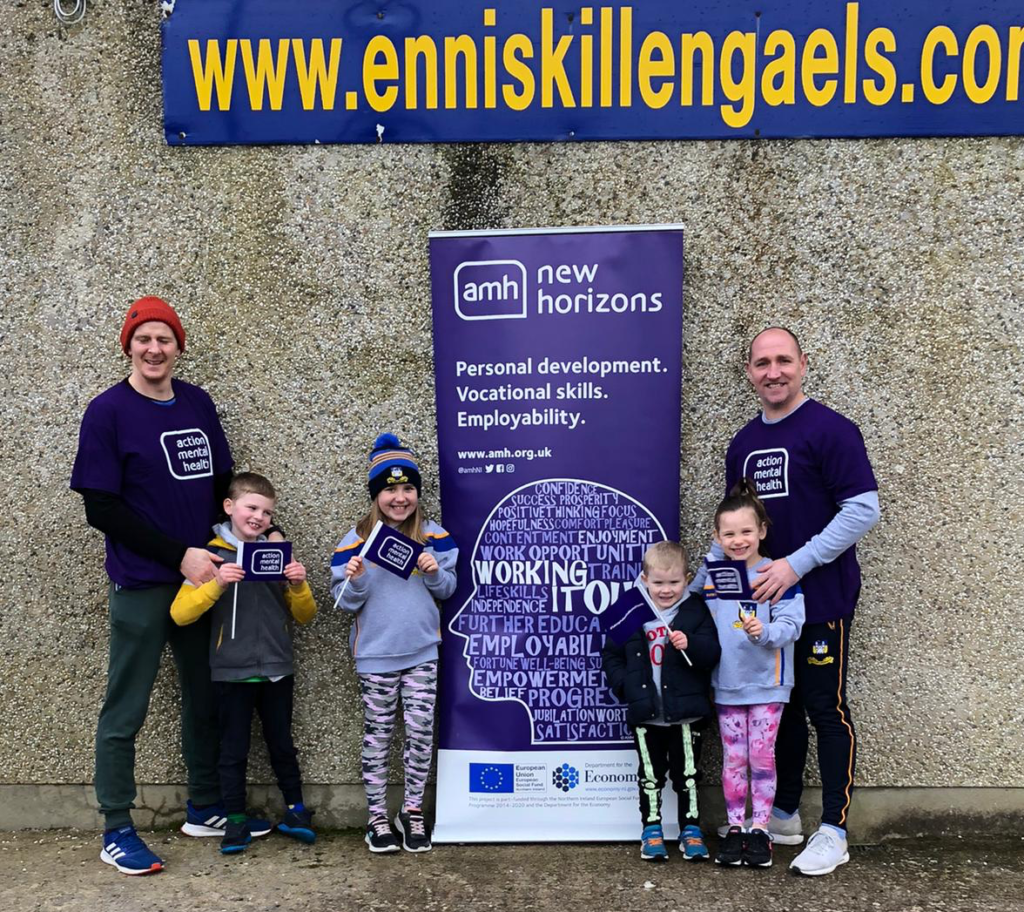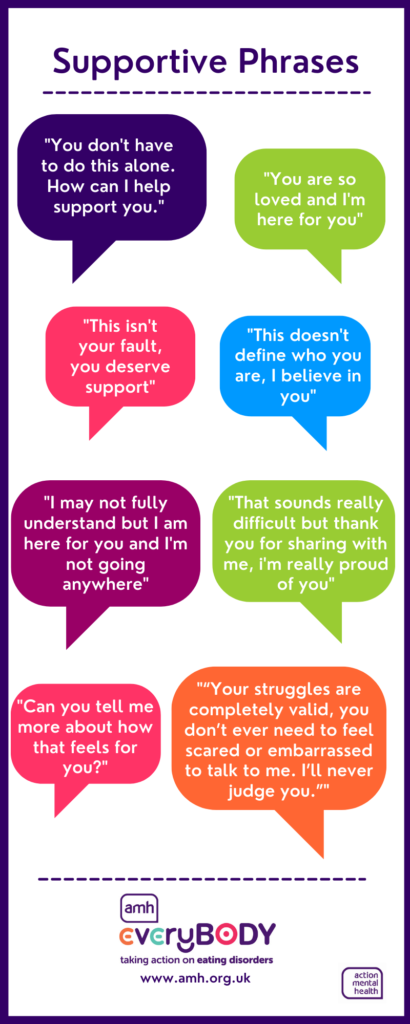Celebrating the brave women transformed by Action Mental Health
Today we celebrate International Women’s Day. All over the world, young girls, women, mothers, sisters, friends and matriarchs of all creeds and colour are being placed in the spotlight to mark the contribution they make to humankind.
In an era of a global pandemic, much of the focus will be on the tireless efforts of the women doctors, nurses, health professionals and key workers who have helped steer the rest of us – men and woman alike – through these frightening times.
Closer to home, Action Mental Health today salutes the brave women who have come through the doors of its AMH New Horizons recovery centres, seeking a better life after experiencing periods of mental ill health. Whether it’s a longing to return to employment they’re after, or a second bite at education and training or simply to gain the support of those in a similar position, the woman of AMH New Horizons has contributed much and gained much in return.
Client Tammy-Lee Feenan is one such woman who has faced many obstacles in her young life. And still emerging from the difficulties of her past, she is already a more confident woman with greater life chances – all thanks to AMH New Horizons Downpatrick.
Tammy-Lee, 24, was a spa therapist when repeated seizures led to her having to give up a job she enjoyed. Investigations by doctors found that the seizures were likely caused by post-traumatic stress disorder, following the traumatic discovery of a family friend who had died by suicide. She was only 17 at the time.
When, at the end of 2018, the enforced separation from her job led to Tammy-Lee becoming depressed, she was referred to AMH New Horizons Downpatrick in the new year of 2019. Within a very short time she felt better.
“I was nervous at the start and though I’m not shy, I kinda stood back when people were all chatting, and I might have gone outside while they got into a group chat, but my key worker was so good at encouraging me to join in.”
Being offered a variety of courses, one of her favourites is the horticulture classes, following a life-long love of gardening she first enjoyed with her grandmother. The classes have helped fire a renewed interest in gardening and her partner has now built her a flower bed in her garden, to allow her to indulge the hobby at home, as well as at New Horizons.
She’s completed a raft of other courses also, including employability training and nationally recognised vocational courses. She’s undertaking a number of NVQs and she is even preparing to return to college in the autumn to train for a beauty training diploma to allow her to teach the subject.
And having gleaned so much from her many tutors at AMH New Horizons, including her Employment Officer, she hopes to give something back to the charity when it’s her time to move on.
“I want to give something back. I’d like to teach something here in AMH New Horizons like beauty or something to other clients and to give back something because they were so good to me.”
Jackie Booth, 61, was once a high-flying career woman in Switzerland but in later life experienced issues like OCD (Obsessive Compulsive Disorder) which led her to feeling like ending it all.
But after rediscovering her better self, following a number of years with Action Mental Health, she is calling on women to seek out and ask for help if they need it – when they need it.
“As women we are mothers, wives, workers, carers, cooks – everything. For the majority of men, they go out to work and come home and sit down to dinner and get to relax the rest of the evening. For women, we never stop, and we can never be seen to show any fragility, we just have to keep on going, multi-tasking at whatever is going on and it leads to fragility.
“At work, many woman are put down in many aspects while more men can progress unhindered. Women have to work so much harder just to get to the same level,” she says.
Since attending AMH New Horizons Downpatrick, Jackie has unearthed latent talents at art, which has been her ‘saviour’, as well as poetry. And now, the grandmother, who is originally from Bangor and now living in Killyleagh, is flourishing.
But she is keen to encourage other women who are struggling with their mental health to speak up and get help.
“There’s so much shame and embarrassment attached to mental health and I didn’t seek help early enough, and I was a wreck when I arrived at AMH New Horizons. But women, everyone, must seek help. Help is out there. There are so many fantastic resources out there to help people and going to AMH New Horizons is a great first step in accessing help in the community.”
Kathryn Charlton, 27, said she was an “anxious mess” when she first arrived at AMH New Horizons Downpatrick a few years ago. But like so many who go through the doors of the charity’s nine New Horizons across Northern Ireland, her life has been turned around.
“In fact I was in near hysteria,” she admits. “But the staff where all very calming and patient with me as they went through everything I would need to know.”
Kathryn, from Saintfield, found that regardless of her anxiety and uncertainty, with the right encouragement and reassurance, she found a way of tapping talents that were otherwise hidden – she even caught the acting bug.
“The tutors were always asking me how I was, and took the time to listen to what I had to say and gave what advice they thought could help. Their caring, advising attitude helped me to open up more in classes and be more involved. This eventually led to me Joining a drama class where I performed a play at the end of the year to show all I had learned,” she revealed.
The drama class then went along to see a play at Belfast’s Lyric Theatre, which she describes as “a great experience as I loved spending time with everyone in that class”.
“They have many classes to help with self-development, all of which I have taken; some of these are confidence-building, stress-busting and assertiveness building. All of these I have found useful and have found myself using bits and pieces from their teachings in my daily life,” Kathryn adds.
The cathartic experience of the creative writing courses at AMH New Horizons Downpatrick, has also helped to build self-esteem.
“I was so inspired by the nurturing work of the tutors that I decided to join the clients’ peer support group, which I later on became a leading member of.
“AMH New Horizons has done a lot for me. It has continued to build me up from the ground whenever I feel like crumbling. The staff feel like friends whom I can go to whenever I have a problem and they have always celebrated all the trials I have overcome mentally,” she adds.
“They have never, in anyway, let the fact that I am female prevent me from doing what I want to do,” she says, adding that by following the example of other inspiration women, she is confident she can achieve what she sets out to do in future.”
“AMH New Horizons has made me more confident, resilient, assertive and less anxious in myself due in part to the classes I’ve taken and the care they’ve taken with me. The biggest improvement overall is to my self-esteem as a woman, which has never been better.”
Thanks to Tammy-Lee, Jackie and Kathryn for talking to us to celebrate International Women’s Day.
Clients at AMH New Horizons Downpatrick take part in the ESF ‘Working It Out’ project which is part-funded by the Northern Ireland European Social Fund Programme 2014-2020, Department of Economy and Northern Health & Social Care Trust.





